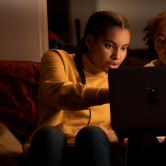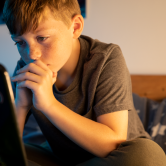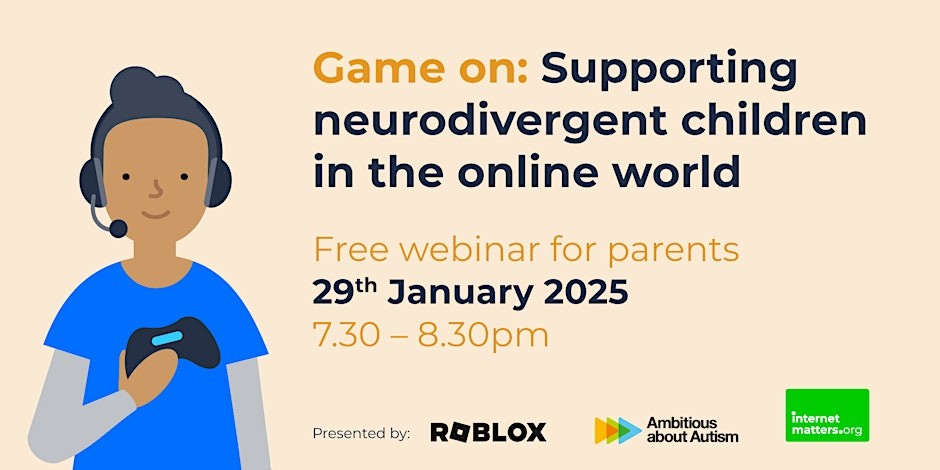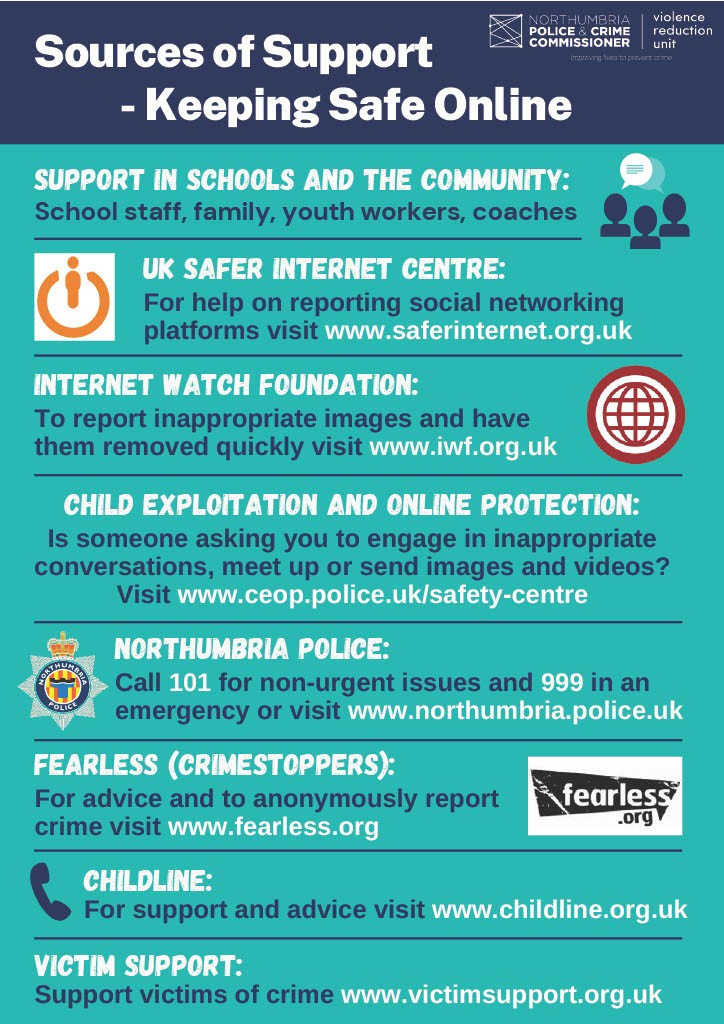click here for registration link for the webinar
Below are a list of useful websites, advice and resources that you may find helpful when navigating the issue of online safety with your child. At the bottom of this page are resources that your child can directly access as well to help them learn about online safety.
Letting your child go online can be intimidating; you might worry about the different spaces they explore, the people they meet digitally and the potential for things going wrong.
Being online can be positive for children and young people, including those with additional needs. So much of our communication now happens online, either by messages, in a game or through a video call. Sometimes online platforms like the apps, social media sites and games your child accesses can help them connect and make friends with new people that they might not know offline.
Throughout school we aim to teach children:
- about the impact of cyber-bullying and what to do if they have been affected.
- to be vigilant when communicating online recognising that people may not always be who they say they are and to be sensible about what they share.
- to tell an adult they trust if something is upsetting them.
- to question the reliability of information given through a web based source.
- to search responsibly for information while using internet browsers.
We understand that much of our pupil's use of the internet will occur at home, away from the school filters.
As a parent or carer, you play an important role in helping your child to have positive experiences online. If your child has additional needs, then this role can be even more important, and it can feel like a lot of responsibility when you hear about some of the risks young people face online.
If you have a concern about your child's safety online please use the information below or do not hesitate to contact the school for advice or support.
Below are a list of useful websites, advice and resources that you may find helpful when navigating the issue of online safety with your child. At the bottom of this page are resources that your child can directly access as well to help them learn about online safety.

NSPCC How to support children with SEND with talking to people online
How to support children with SEND with talking to people online
Young people use the internet to contact friends they might know from school or other activities. Sometimes children with special educational needs and disabilities may struggle with making friends when other children are not being inclusive or kind.
Find out how to support your child by clicking on the link below

NSPCC Supporting online wellbeing for children with SEND
The NSPCC partnered with Ambitious about Autism to bring online wellbeing tips, specifically for parents and carers of children with SEND. Try the suggested tips and see which work for your family
For more information follow the link below


